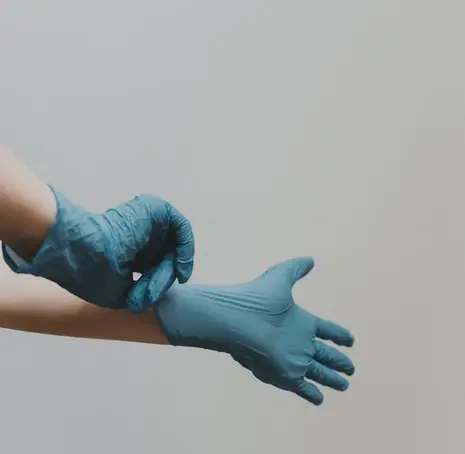Jehovah’s Witnesses are a Christian denomination which have a presence in the vast majority of countries around the world.
One of the best-known aspects about this group is that they are against blood transfusions. We have an article here that explains this in more detail.
This refusal presents a difficult situation in medical situations, especially when blood transfusions are required to save the life of someone.
So are doctors allowed to overrule a Jehovah’s Witness in order to save their life? What about their children? We take a look.

Background
Jehovah’s Witness believe that the world’s destruction is imminent, and that God’s kingdom is the only way of solving humanity’s problems.
The group were founded in the United States in the late 1800s. Jehovah’s Witnesses are one of the fastest growing religious groups in the world.
There are currently 8.5 million members, and over 100,000 congregations around the world. Those in the group are very committed to their faith.
One such example of this commitment is that witnesses are typically prepared to forego a blood transfusion, even if this means they will die.
Jehovah’s Witnesses believe that blood transfusions are a violation of God’s law. They cite various verses in the Holy Bible to support this.
Treating Jehovah’s Witnesses
Many Jehovah’s Witnesses carry around a signed and witnessed advance directive card, which confirms they wish to refuse blood in the event of a medical emergency.
Where possible, they favour non-blood treatments, including various surgeries. But if this isn’t possible, then witnesses are prepared to give up their life.
But how does a doctor approach this? After all, they have a duty of care to their patients. Can they overrule them?
There are several challenges when it comes to treating Jehovah’s Witnesses. Healthcare workers are normally trained on dealing with patients from this denomination.
Can a doctor overrule a Jehovah’s Witness to save their life?
Jehovah’s Witnesses have the right to refuse treatments, including blood transfusions, so long as they have the mental ability (capacity) to do so.
Doctors and healthcare workers should respect this. Therefore, if a medical professional becomes aware that their patient has an advanced directive card, or is a Jehovah’s Witness, they must respect this, and abstain from blood transfusions.
This means that even if the person is likely to die without a blood transfusion, that medical professionals are not allowed to carry out a transfusion.
The key word in such cases is capacity. As long as the person is of sound mental capacity, they have every right to avoid receiving care.
Can a doctor overrule a Jehovah’s Witness to save a child’s life?
A very difficult situation is created when the child of a Jehovah’s Witness requires a blood transfusion. Often, the parents will object to a transfusion, even if it results in their child dying.
For example, if an infant has become severely injured and needs an urgent blood transfusion to save their life, their parents may object on religious grounds.
However, a doctor is able to overrule parents in some cases. This is because the child would not be considered to have the capacity to make their own decision.
Therefore, the surgeon is legally allowed to override the decision of the parents. This is due to the lack of capacity of the child.
This has often led to court battles and legal situations developing, where parents have tried to block blood transfusions.
The Takeaway
Treating Jehovah’s Witnesses represents a very complex situation. It is always important to respect the wishes of anyone.
The key term in terms of a doctor’s ability to override someone is capacity. This is why children of witnesses often do receive care, while adult witnesses do not.














































